
The Auto-Pure 2400 system combines liquid handling and magnetic cell isolation for efficient latent tuberculosis testing.

The Auto-Pure 2400 system combines liquid handling and magnetic cell isolation for efficient latent tuberculosis testing.
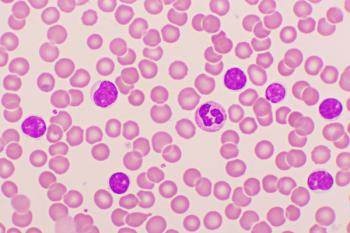
Pharmacists performed weekly toxicity and tumor lysis syndrome monitoring.

Current recommended levels of vitamin B12 might not be sufficient to protect against neurological decline.

Sarah Spinler, PharmD, FCCP, FAHA, FASHP, AACC, discussed management of atrial fibrillation in patients with cancer.

Host Craig Beavers spoke with several presenters, researchers, and experts about the key data being discussed at the meeting.

Given rituximab’s tendency to cause infections in patients being treated for autoimmune diseases, the addition of intravenous immunoglobulin works to reduce that risk and induce clinical improvements.

Jawad Butt, MD, offers insight into his analysis of the FINEARTS-HF trial.

Patients in the treatment group had a 21% lower risk of cardiovascular death or first heart failure hospitalization overall, but the between-group difference did not meet the threshold for statistical significance for this primary end point.
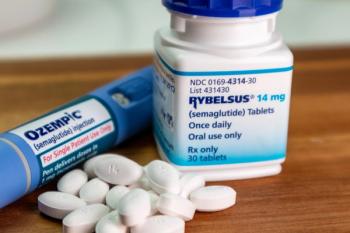
The trial is the first to test the cardiovascular benefits of an oral glucagon-like peptide-1 (GLP-1) agonist.
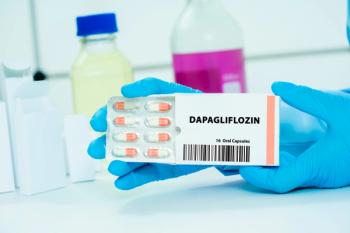
The DapaTAVI study is the first trial of a sodium-glucose cotransporter-2 (SGLT2) inhibitor for valvular disease.

The availability of this option could make physicians more comfortable when prescribing ticagrelor, which could help solve the challenge of undertreatment with antiplatelet therapy.

Rivaroxaban offers more predictable dosing, eliminates frequent blood tests, and is less likely to interact with foods.

The results should lead to a guideline update recommending extended treatment with a reduced-dose anticoagulant in this patient population.

The STRIDE trial was first of its kind to evaluate the use of a GLP-1 agonist in PAD management.

Vitamin E intake, specifically α-tocopherol, may reduce the development of peanut allergies and anaphylaxis in newborns.
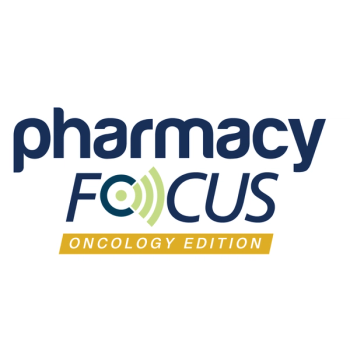
Colorectal cancer cases are on the rise—here is everything you need to know as an oncology pharmacist.
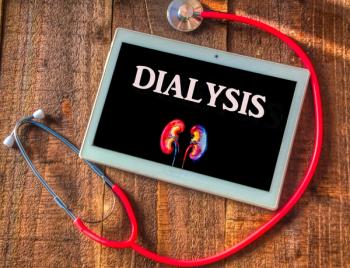
In certain patients with chronic kidney disease (CKD), peritoneal dialysis maintained hemodynamic stability, optimal nutritional status, reduced hospitalization, and lowered diuretics reliance.

Results support a 2020 meta-analysis showing that older adults with chronic pain are nearly twice as likely to develop frailty compared to those without chronic pain.

How PBMs Are Reshaping Access, Affordability, and Outcomes in Modern Health Care
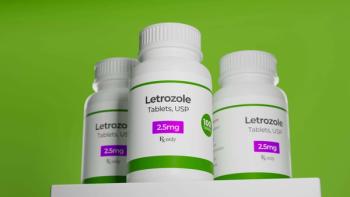
Aromatase inhibitors were superior to tamoxifen in reducing risk of contralateral breast cancer.

Low-density lipoprotein cholesterol value below 88 mg/dL was associated with heightened mortality, highlighting the need for more liberal cholesterol targets in this population.

All stakeholders across the drug supply chain must work together to develop and support proactive strategies, creating resilience across the health care ecosystem to avoid and mitigate shortages.
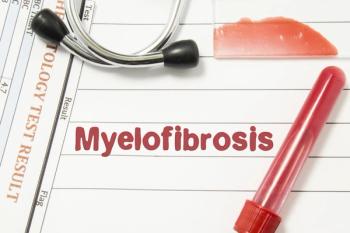
Interim results from an observational trial of patients with myelofibrosis indicate upward trends in health-related quality of life when started on the highest tolerable dose of ruxolitinib.

Patients with chronic lymphocytic leukemia (CLL) show weakened T-cell memory responses to COVID-19 vaccination.

Using Janus kinase inhibitors, having experienced a previous thrombosis episode, and higher age were associated with a heightened risk of a new thromboembolic event.

The findings provide a deeper understanding of the mechanisms underlying breast cancer progression and treatment resistance.

Adding daratumumab improved minimal residual disease (MRD) negativity rates, leading to superior progression-free survival (PFS).

Will traditional PBMs adapt, or will disruptors take over?

Patients achieved statistically significant benefits in progression-free survival and overall response rates.

The hepatitis B core-related antigen (HBcrAg) rapid diagnostic test was more timely and showed a stronger sensitivity and specificity compared with other testing methods.